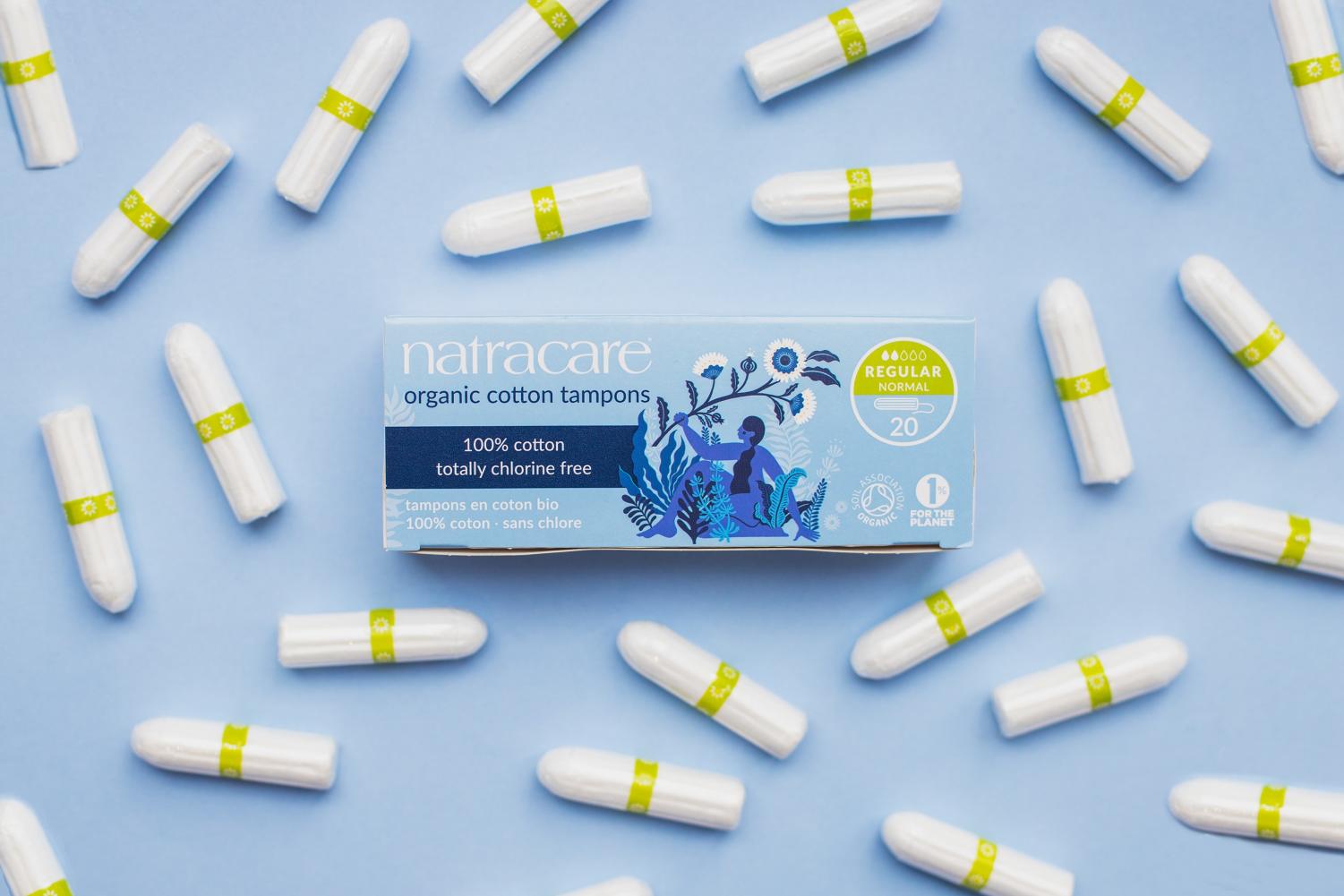On Oct. 8 California Gov. Gavin Newsom signed Assembly Bill 367 into action. The bill, also called the “Menstrual Equity for All Act of 2021,” requires publicly funded schools to provide free feminine hygiene products to all students.
BILL REQUIREMENTS
Assembly Bill 367 builds off of a previously passed bill which acted to provide feminine hygiene products in schools with a 40% or higher poverty rate. The previous bill only required schools with students between grades six and 12 to follow these guidelines.
According to the bill, which goes into effect on July 1, 2022, California public schools are required to provide “menstrual pads and tampons for use in connection with the menstrual cycle.”
The bill recognizes that access to feminine hygiene products “is a basic human right and is vital for ensuring the health, dignity, and full participation of all Californians in public life.”
The Menstrual Equity for All Act requires free feminine hygiene products in all public schools in California. The bill ensures the provision of feminine hygiene products in all women’s bathrooms, all-gender bathrooms and one men’s restroom in each school. Whereas the last law only included middle and high schools, the new law includes California State Universities and community colleges.
BIOLA RESPONSE
Though the law does not require private schools to adhere to the legislation, the bill does encourage the provision of feminine hygiene products at private schools. Biola’s Health Center director, Dr. Sarah Templeton wrote in an email that the Biola Health Center will maintain their current system.
“The Biola Student Health Center is always more than happy to provide feminine care products to a student who needs them from time to time, and has been doing so for many years,” Templeton said. “The student need only ask. If a student is in a bind and needs something to tide them over, the Health Center is a resource they can go to during that time.”












